
CHAIRPERSON
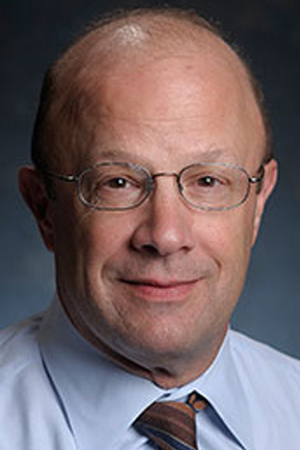
Peter G. Pappas, MD, FACP
Emeritus Professor
Chair, Scientific Committee MSGERC
Department of Medicine, Division of Infectious Diseases
University of Alabama at Birmingham
Birmingham, Alabama
Dr Peter G. Pappas is the Emeritus Professor of Medicine in the Division of Infectious Diseases at the University of Alabama in Birmingham (UAB). Dr Pappas was the inaugural William E. Dismukes Professor of Medicine and the first Tinsley Harrison Clinical Scholar at UAB. He attended medical school at the UAB, graduating in 1978. He completed his residency in internal medicine, chief medical residency, and infectious diseases fellowship at the University of Washington in Seattle. Following completion of his fellowship, he was on the clinical faculty at the University of North Carolina School of Medicine in Chapel Hill, NC, through its affiliated hospital in Wilmington, NC. In 1988, he joined the faculty at the University of Alabama in Birmingham School of Medicine, with a focus on HIV and transplant-associated opportunistic infections, especially the invasive mycoses. His main areas of interest over the last three decades have included the development of new therapies for fungal infections, fungal diagnostics, and understanding the epidemiology of candidiasis, the endemic mycoses, and cryptococcosis. He has performed numerous clinical trials in candidiasis, cryptococcosis, aspergillosis, sporotrichosis, blastomycosis, and histoplasmosis through his involvement with the NIAID Mycoses Study Group and the Mycosis Study Group Education and Research Consortium (MSGERC).
Dr Pappas is Chair of the Scientific Committee of the MSGERC. He is also the principal investigator for the MSG Central Unit at the University of Alabama in Birmingham from which most MSG clinical trials are administered. He has served as principal investigator of a national network of transplant centers, TRANSNET, in conjunction with the US Centers for Disease Control and Prevention and a consortium of industry co-sponsors to provide important epidemiologic and treatment information to transplant recipients who develop proven and probable invasive fungal infections. More recently, he served as co-principal investigator of the Organ Transplant Infection Detection and Prevention Program (OTIP), a collaborative multicenter group funded by the CDC.
FACULTY
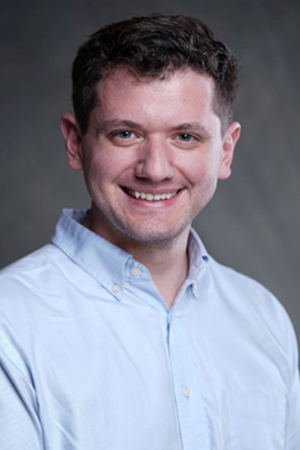
Jeremy Gold, MD, MS
Epidemiologist
Mycotic Diseases Branch
Division of Foodborne, Waterborne, and Environmental Diseases
Centers for Disease Control and Prevention
Atlanta, Georgia
Jeremy Gold, MD, MS graduated from medical school at Albert Einstein College of Medicine and completed his residency in internal medicine at Columbia University Medical Center/New York Presbyterian Hospital in 2019. After residency, he served as epidemic intelligence service officer with CDC’s Mycotic Diseases Branch, where he continues to work as a medical epidemiologist. His primary interests include the epidemiology and prevention of mold infections.
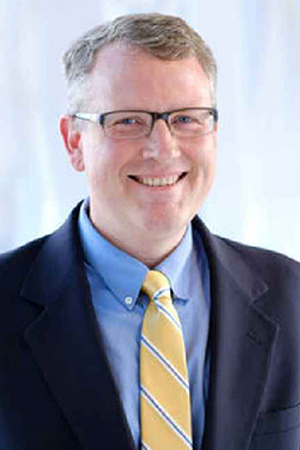
James S. Lewis, II, PharmD, FIDS
Adjunct Associate Professor
Departments of Pharmacy & Infectious Disease
Oregon Health & Sciences University
Portland, Oregon
James Lewis is the clinical supervisor for Infectious Disease. His responsibilities include co-directing the OHSU antibiotic stewardship program and serving as the infectious diseases clinical pharmacist for OHSU. He is the co-chair of the antibiotic subcommittee of the Clinical Knowledge and Therapeutics Executive Committee (formerly Pharmacy and Therapeutics Committee) and serves as the PGY-1 &2 ID rotation preceptor. Dr Lewis’ professional interests are antibiotic susceptibility testing, antibiotic/antifungal utilization, and the optimal integration of rapid microbiology diagnostics in antibiotic stewardship. Dr Lewis also currently serves as the co-chair of the breakpoint working group of the Clinical and Laboratory Standards Institute and is a member of the editorial board for Antimicrobial Agents and Chemotherapy.

Meghan Lyman, MD
Medical Officer
Mycotic Diseases Branch
Division of Foodborne, Waterborne, and Environmental Diseases
Centers for Disease Control and Prevention
Atlanta, Georgia
Meghan Lyman, MD, is a medical officer in the Mycotic Diseases Branch, Centers for Disease Control and Prevention. She began her career at CDC focusing on health care-associated infections and infection control and is now leveraging that experience within the Mycotic Diseases Branch to prevent a wide range of fungal diseases.
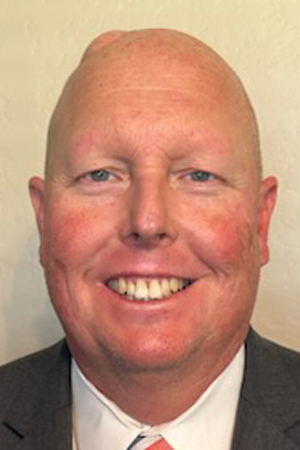
Rob Purdie
Founding Member, MyCARE
Coccidioidal Meningitis Patient
Patient and Program Coordinator, Valley Fever Institute
Bakersfield, California
With over a decade of experience fighting coccidioidal meningitis, Robert (Rob) Purdie brings a unique perspective and passion to mycology advocacy. Rob is the patient and program development coordinator at the Valley Fever Institute at Kern Medical Center and a founding member of MyCARE. He is a lifelong Bakersfield resident who was diagnosed with coccidioidomycosis in 2012. Since his diagnosis, he has been dedicated to raising awareness of the impact Valley Fever has on individuals and communities and fighting to improve outcomes for his fellow patients fighting this challenging fungal infection. Rob has spearheaded several awareness campaigns for Valley Fever. He has shared his personal knowledge and experience with many media entities at the local, state, and national level and internationally. His efforts include bringing community awareness through events such as the Valley Fever Walk, which he has helped organize since 2016.
Rob’s legislative efforts have included involvement in multiple aspects of California Assembly Bills on Valley Fever, resulting in $8 million in budget allocations for awareness and research. Rob has continued his efforts at the federal level working with patients and stakeholders to support legislation to improve patient outcomes.
Rob has been a sponsored participant and presenter at workshops hosted by the NIH and FDA, provided patient advocacy at a Valley Fever Roundtable in Washington DC and recently at an international roundtable on fungal infections. He coauthored an article published in Clinical Infectious Diseases(CID), a leading journal in the field of infectious diseases with a broad international readership. Rob has many additional presentations scheduled, providing a voice for patients at several research and policy symposiums and meetings in 2023.
Rob’s desire to become involved in broader advocacy efforts springs from the relationships he has built with researchers, clinicians, and stakeholders and the realization that the issues experienced by Valley Fever patients are similar to those of other patients with fungal disease. His path to addressing the broader need was provided through collaborations established under a CDC cooperative agreement in mycology. Through these collaborations, Rob connected with additional members of the mycology community who shared his passion and vision for improving the lives of those battling fungal diseases. With Rob’s passion and guidance, MyCARE will make a difference for patients across the mycology spectrum.
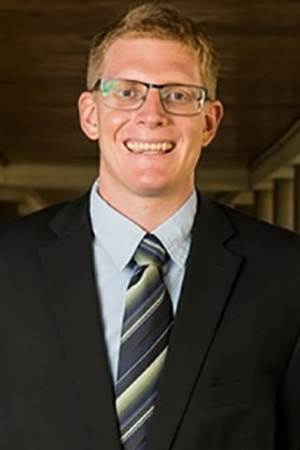
Dallas Smith, PharmD
Epidemic Intelligence Officer
Mycotic Diseases Branch
Division of Foodborne, Waterborne, and Environmental Diseases
Centers for Disease Control and Prevention
Atlanta, Georgia
Dallas Smith, PharmD, is an epidemic intelligence service officer with the Mycotic Diseases Branch at the Centers for Disease Control and Prevention. He received his doctor of pharmacy degree from the University of Findlay in 2017. He then joined the United States Peace Corps, serving in Cambodia from 2017–2019 as a community health educator and Malawi from 2019–2020 as a clinical pharmacy and pharmacognosy lecturer. His main research interests are endemic mycoses and fungal neglected tropical diseases.
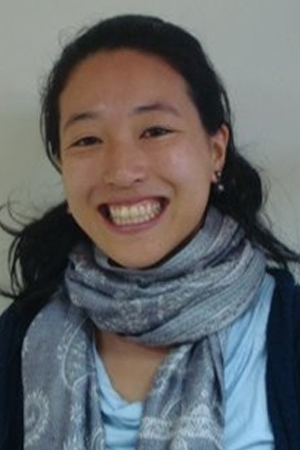
Mitsuru Toda, MS, PhD
Epidemiologist, Outbreaks & Endemics Unit (OEU) Lead
Mycotic Diseases Branch
Division of Foodborne, Waterborne, and Environmental Diseases
Centers for Disease Control and Prevention
Atlanta, Georgia
Mitsuru Toda, MS, PhD is an epidemiologist and the lead of Outbreaks & Endemics Unit at CDC’s Mycotic Diseases Branch at the National Center for Emerging and Zoonotic Infectious Diseases (NCEZID). Dr Toda received her PhD from Nagasaki University Graduate School of Biomedical Sciences, and her master’s degree in science from Harvard University T.H. Chan School of Public Health. Dr Toda joined CDC as an epidemic intelligence service (EIS) officer in 2017.
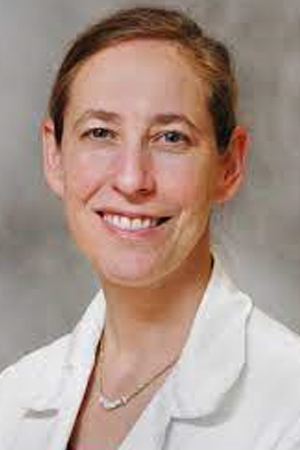
Jo-Anne Young, MD
Professor of Medicine
Division of Infectious Diseases and International Medicine
University of Minnesota Medical School
Minneapolis, Minnesota
Jo-Anne Young (née van Burik), MD, is a professor of medicine and medical director of the Program in Adult Transplant Infectious Disease. She joined the faculty in 1999. She received both her BA and MD from Case Western Reserve University and completed a residency in medicine at Vanderbilt University Medical Center. Her fellowship in infectious disease and several years of junior faculty service were at the University of Washington with the Fred Hutchinson Cancer Research Center. Dr Young's primary area of interest is bringing diagnostic and treatment opportunities to the bedside for transplant patients. She has worked on developing diagnostic testing for complicated fungal infections of the immunocompromised host. Currently, Dr Young is lead investigator at the University of Minnesota for multiple clinical trials on bacterial, viral, and fungal agents, as well as vaccines, for transplant patients.










